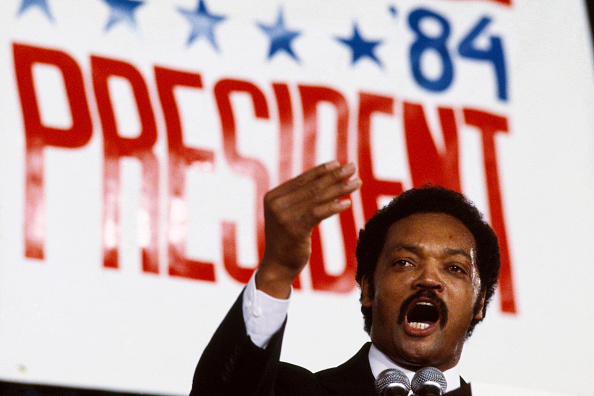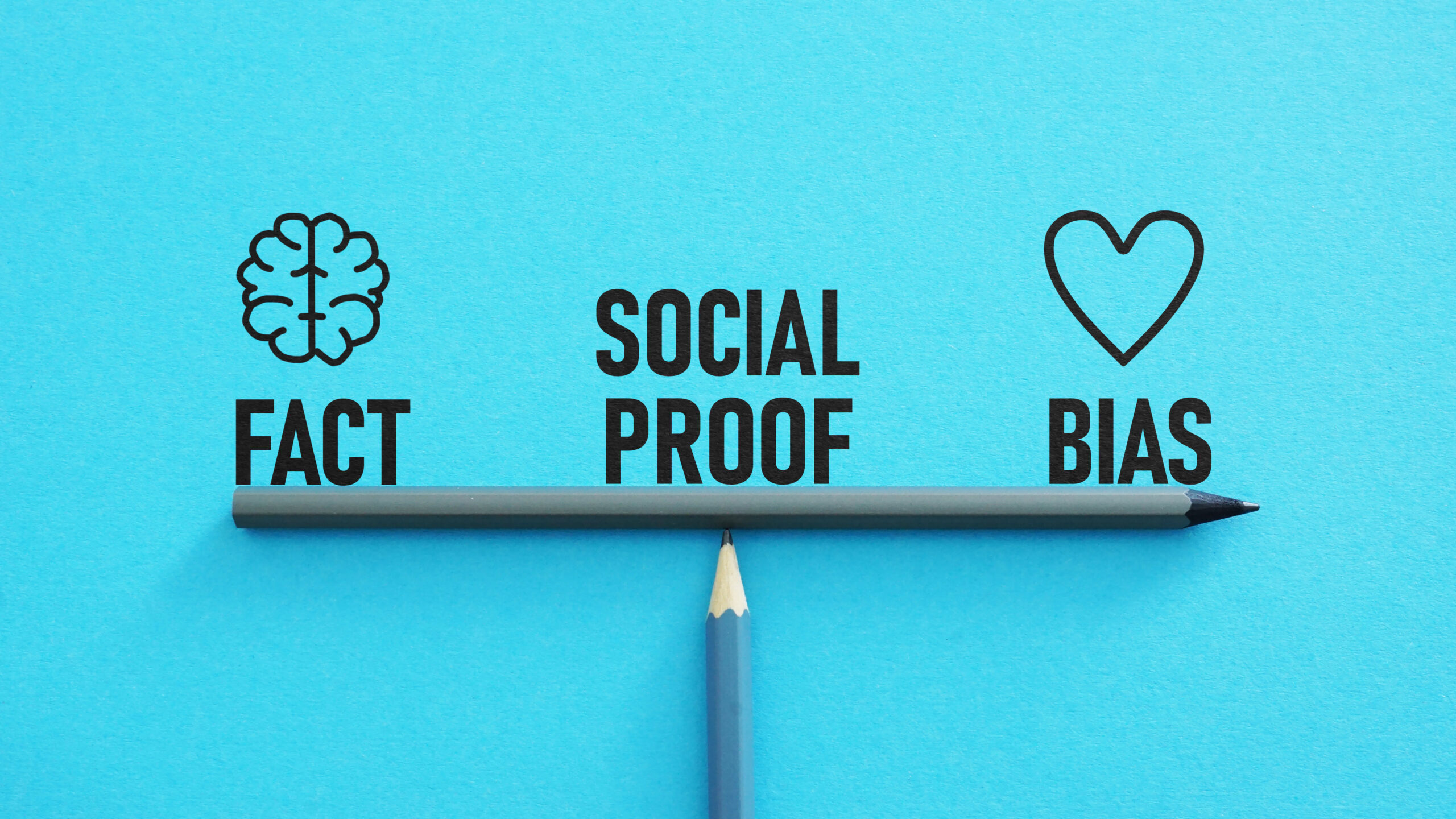Organisations must act now or face a crisis of social cohesion
If organisations want to unlock greater performance, they should heed what the military has known for generations: people fight hardest not for slogans or strategies, but for each other. In the workplace, in the military, or in the emergency services, social cohesion is the invisible force that drives commitment and results.
Now smart organisations are beginning to reverse the pattern that we have seen since the pandemic and invest in bringing their people together.
And the evidence suggests that this is a smart move. Let’s look at the military: Soldiers rarely fight with full commitment for abstract ideals – kings, states, or governments. The strongest evidence from social psychology and neuroscience shows that what compels them to display extraordinary bravery is the bond with their comrades. Samuel Stouffer’s landmark American Soldier studies (1949) and subsequent work by Shils & Janowitz (1948) found that frontline cohesion, the strength of soldiers’ ties to their immediate group, was the decisive factor in combat performance.
Social cohesion
More recently, neuroimaging studies confirm that social bonding activates the brain’s reward circuitry, releasing oxytocin and dopamine in ways that buffer fear and increase resilience under threat (Lieberman, Social: Why Our Brains Are Wired to Connect, 2013).
The U.S. Marines capture this insight in their mantra: Corps, then Country, then God. The order matters. People commit first and foremost to those they serve alongside. The military knows this bond is the bedrock of performance.
The same principle holds in civilian life. In the workplace, social cohesion, the sense of belonging, mutual care, and shared commitment within teams – consistently predicts performance. A meta-analysis of 148 studies by Beal et al. (Journal of Applied Psychology, 2003) found that team cohesion was strongly correlated with performance, particularly under pressure. The World Bank (2015) identifies workplace social capital, networks of trust and reciprocity, as a central determinant of organisational effectiveness.
In short: social cohesion drives discretionary effort. When people feel bonded, they stretch for each other. When they don’t, performance plateaus.
The Erosion of Cohesion
And yet, evidence suggests cohesion in organisations is falling. A 2023 McKinsey study found that two-thirds of employees report weaker workplace relationships since the pandemic, with remote and hybrid working cited as the key cause. Research from Cigna (2022) suggests that more than half of Gen Z employees feel lonely “often or always,” with workplace isolation strongly linked to lower engagement and higher turnover. Loneliness is not just a wellbeing issue, it is a performance issue.
Following the pandemic many organisations cut investment in in-person learning and development. The evidence indicates that this was a mistake.
Social cohesion depends on shared in-person contact: the informal conversations, check-ins, and small rituals that bind colleagues together. When workforces are increasingly atomised, new joiners logging in alone from bedrooms or kitchen tables, those bonds do not form. Cohesion erodes, and with it, the trust and mutual commitment that underpin performance.
Corporate training
Training and development are a prime example. Much corporate training is now delivered through algorithm-driven platforms, designed for efficiency. But they strip out one of the most important features of learning: its social dimension. People don’t just learn from content, they learn from each other. Informal conversations during training consolidate knowledge, build networks, and strengthen bonds. That is how tacit knowledge spreads, and how social capital grows. To imagine learning as purely content transfer is to miss the bigger picture.
What the Evidence Shows
Threshold’s own survey of HR Directors and Chief People Officers (2023) found that following the pandemic, many organisations shifted resources away from pastoral care and social bonding. Investment moved towards digital tools at the expense of in-person connection. Leaders cited cost pressures as the main driver. But the long-term costs are clear. Declining cohesion means declining engagement, and declining engagement means falling productivity. Gallup estimates the cost of disengagement at $8.8 trillion globally, nearly 9% of world GDP.
By contrast, organisations that deliberately foster cohesion see significant performance benefits. Google’s Project Aristotle (2015) identified psychological safety and team cohesion as the single most important predictors of high-performing teams, above technical skill or strategy. MIT’s Human Dynamics Lab found that the strongest predictor of team success was the energy and frequency of informal social interactions, not formal meetings.
Why Forward-Thinking Organisations Are Acting
The most forward-thinking employers are already acting on this evidence. They are recognising the need to bring people back together, not just for operational efficiency but for social bonding. They are designing cohort-based training programmes where participants learn alongside each other, share experiences, and build trust. They are investing in line managers’ pastoral skills: the ability to notice when someone is struggling, to listen with presence, and to create climates of care and belonging.
The principle is simple: cohesion is not a “nice-to-have.” It is the engine of discretionary effort. Organisations that overlook it do so at their peril.
The organisations that thrive will be those that invest deliberately in rebuilding cohesion: through cohort-based learning, through socialised development experiences, and through equipping line managers to be not just performance managers, but culture carriers and builders of trust To find out how we can help leaders in your organisation to be more impactful, influential and persuasive visit www.threshold.co.uk
To find out how we can help leaders in your organisation to be more impactful, influential and persuasive visit www.threshold.co.uk





